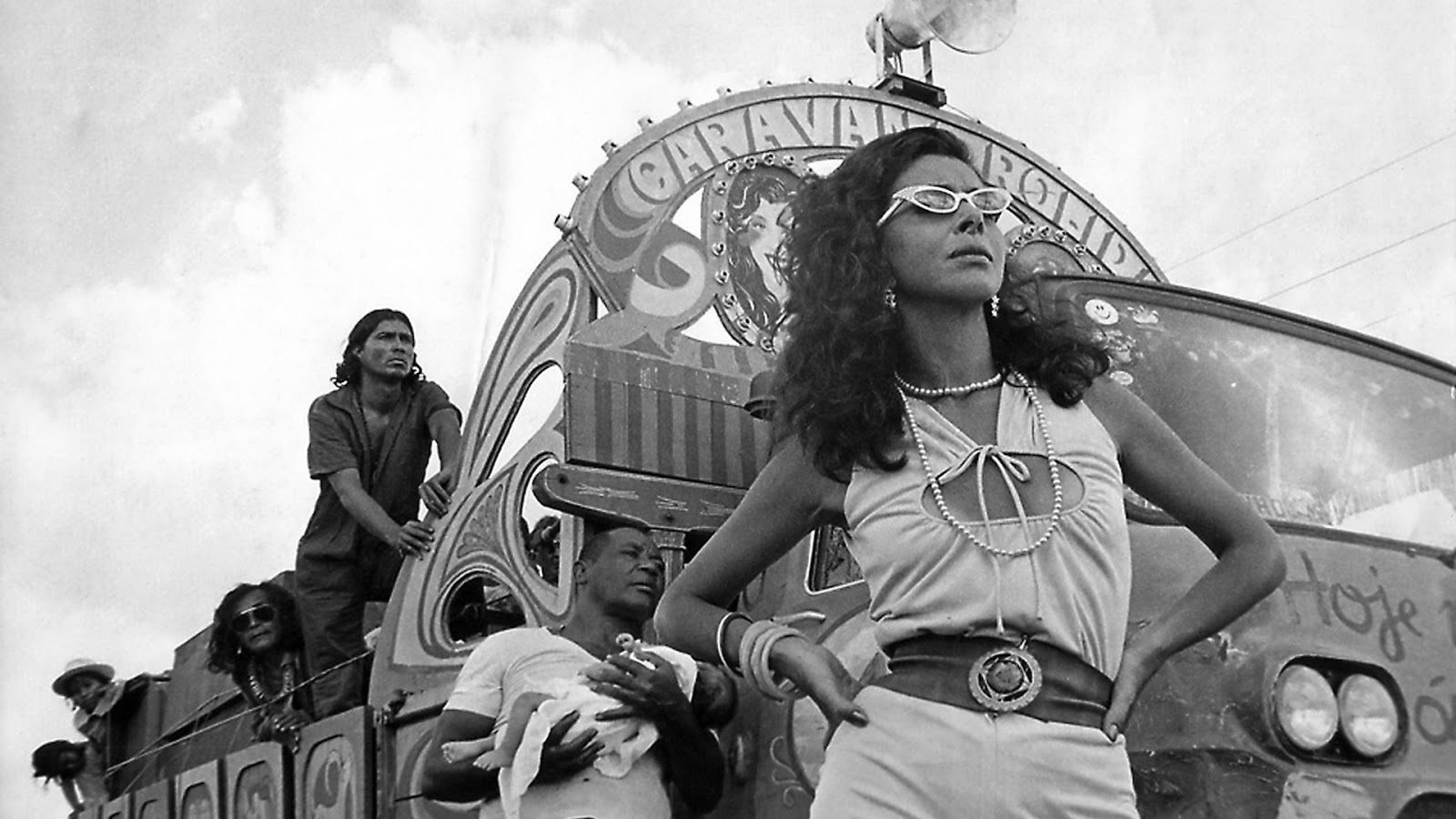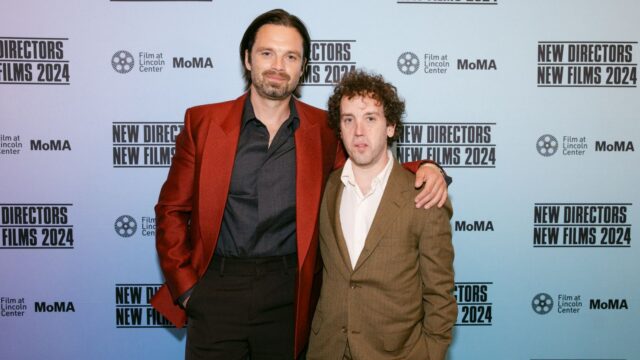Bye Bye Brazil

A pioneer of the revolutionary Cinema Novo movement, Carlos Diegues directed films that were an integral part of the cultural and sociopolitical struggles facing Brazil in the 1960s, particularly the country’s underexplored Afro-Brazilian heritage. One of his most essential works, Bye Bye Brazil concerns a motley crew of traveling performers entertaining various audiences across Brazil’s northwestern Amazonian landscape. Accordionist Ciço (Fábio Júnior) and his wife Dasdô (Zaira Zambelli) join the rollicking caravan, leading to a string of adventures. Diegues’s low-key road movie captures the country’s changing times—both the myth and the reality of Brazil’s underdevelopment—with documentary-like specificity.
“This big-hearted road movie by the great Carlos Diegues shows much love for Brazil as a nation and as a people. It also works as a documentary of sorts, capturing the backroads of the northern regions of the country in the late ’70s. The ‘snow’ scene possibly led me to make one of my most popular short films, Recife Frio (Cold Tropics); the traveling ‘Rolidei’ troupe likely led us to the ‘pleasure truck’ with sex workers in Bacurau. Rewatched this recently, found the very last credit at the end of the picture moving, given the state Brazil is in today: Diegues dedicates the film ‘to all Brazilians of the 21st Century.’” —Kleber Mendonça Filho
“The characters, landscapes, and colors that come and go in this road movie are so honestly Brazilian that the story may even walk in the direction of fantasy, surrealism, or absurdity that will not cease to be radically realistic.” —Juliano Dornelles






